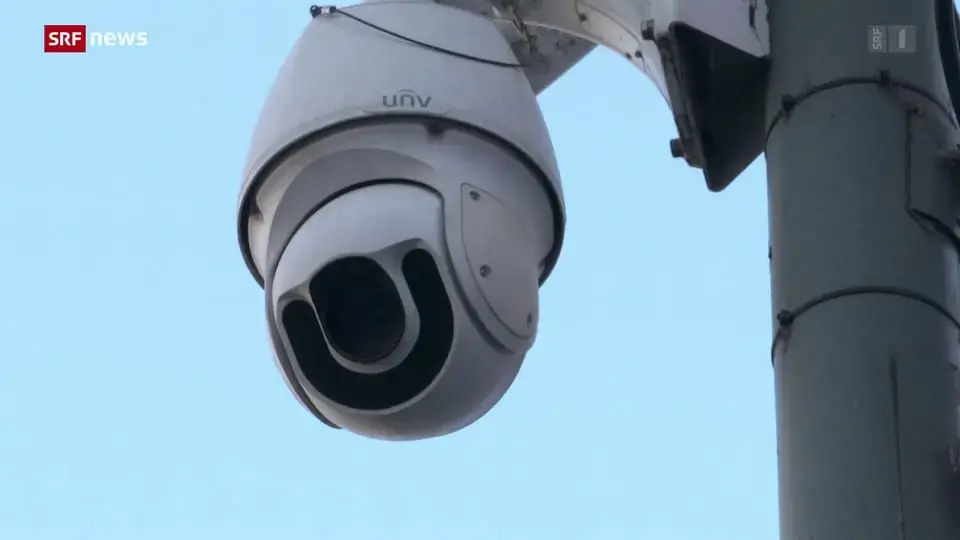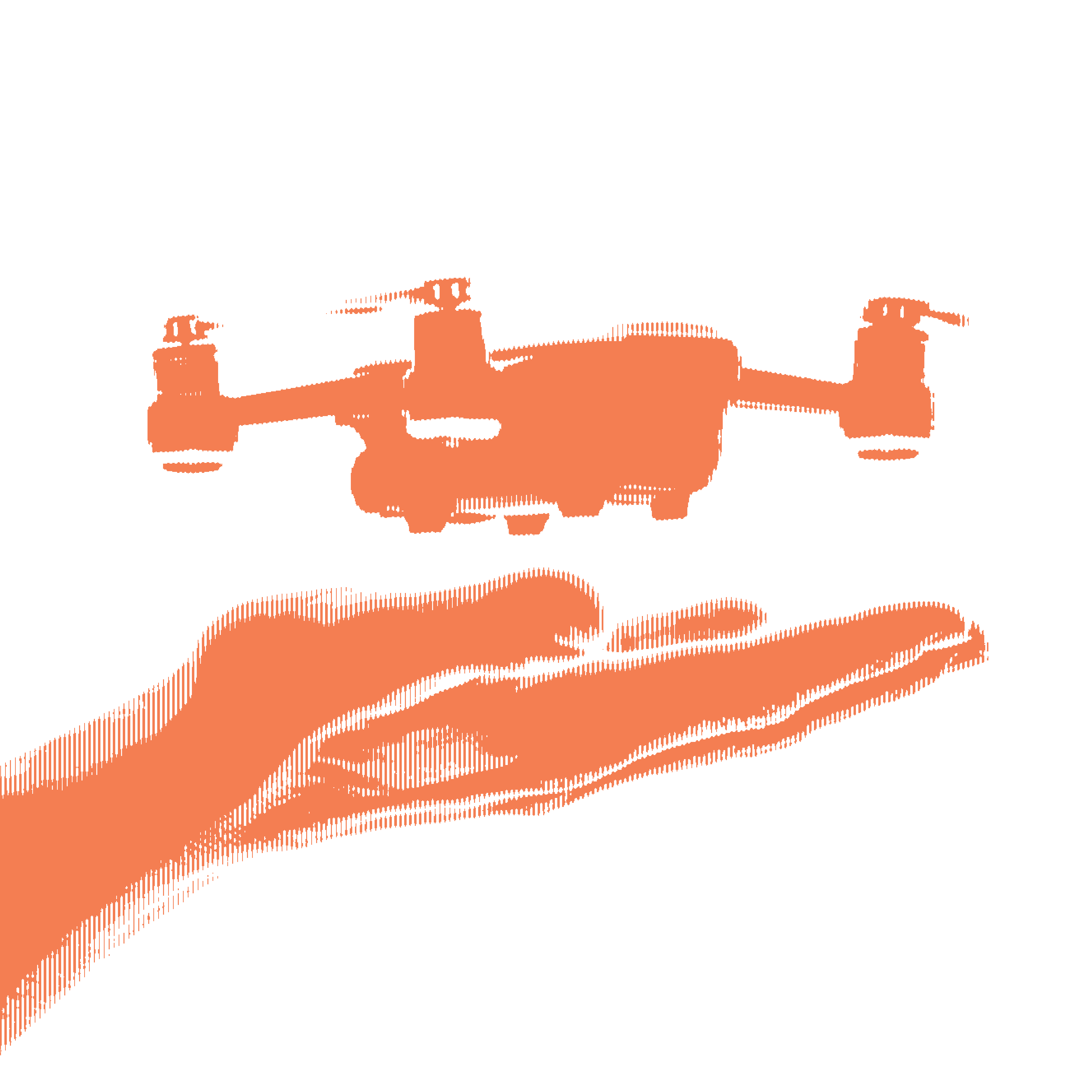An English summary of this report is below. The original video, broadcast in German on SRF, follows.

The documentary, broadcast on Swiss public television SRF, shows the key messages of the research project of Pulitzer Center AI Accountability Fellows Karen Naundorf and Sarah Pabst on facial recognition technology in the Argentine capital.
The city of Buenos Aires relies on facial recognition, and 75% of the city area is under video surveillance. A few months after the system was installed in 2019, the government announced that almost 1700 wanted criminals had been caught. But data privacy activists sued the city: 140 innocent people had been stopped by police because the system had recognized them as wanted criminals. The IT specialists, who searched the servers of the Ministry of Security on a court order, came to an outrageous suspicion: Was facial recognition used to create a Big Data database or even to monitor individuals?
In this documentary, the main actors involved have their say: a man who spent six days in a cell due to a database error; the Minister of Security, who considers the system indispensable for the safety of the citizens of Buenos Aires; the judge who, ordered to research the system, found evidence on various irregularities—and drew alarming conclusions.
All over the world, lawmakers are wondering: How can facial recognition be adequately regulated? The Buenos Aires case clearly shows that good legislation is not enough. Functioning controls are needed. Otherwise, facial recognition can become a dangerous surveillance tool.

As a nonprofit journalism organization, we depend on your support to fund more than 170 reporting projects every year on critical global and local issues. Donate any amount today to become a Pulitzer Center Champion and receive exclusive benefits!











